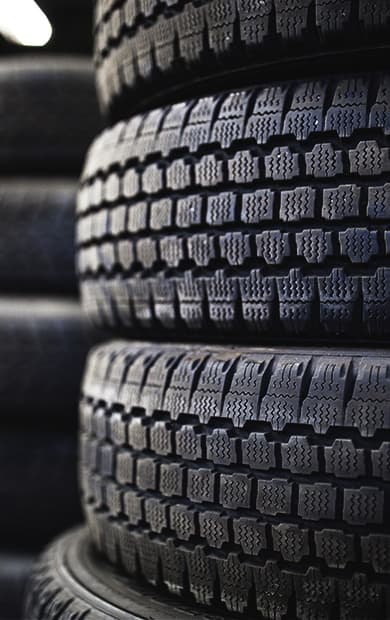Overview
The heavy olefins market is diverse and can be affected by a number of factors.
Global butadiene production and demand are dominated by northeast Asia. Although the region continues to add both supply and derivative projects, there have been market inefficiencies that have resulted in deep sea imports into the region. Accurate and timely analysis will help producers, consumers and traders navigate these turbulent times.
The C5 and hydrocarbon resins industry has experienced a fundamental shift in the past few years, going from several acute shortages to a glut of products in the markets. Producers, industrial chemicals companies, chemical distributors, traders and technology providers all need to understand how this will play out, especially in light of new entries into the global market. Argus’ C5 and Hydrocarbon Resins Service is the only global service of its kind.
Our experts will help you determine what trends to track and how to stay competitive in today’s ever-changing global markets.
Global butadiene production and demand are dominated by northeast Asia. Although the region continues to add both supply and derivative projects, there have been market inefficiencies that have resulted in deep sea imports into the region. Accurate and timely analysis will help producers, consumers and traders navigate these turbulent times.
The C5 and hydrocarbon resins industry has experienced a fundamental shift in the past few years, going from several acute shortages to a glut of products in the markets. Producers, industrial chemicals companies, chemical distributors, traders and technology providers all need to understand how this will play out, especially in light of new entries into the global market. Argus’ C5 and Hydrocarbon Resins Service is the only global service of its kind.
Our experts will help you determine what trends to track and how to stay competitive in today’s ever-changing global markets.
Latest heavy olefins news
Browse the latest market moving news on the global heavy olefins industry.
Spotlight content
Browse the latest thought leadership produced by our global team of experts.
WhitePaper - 25/04/23
US tariffs: Will they change supply/demand dynamics for butadiene?
Decade old duties on Asian tire imports to the US provide a case study.
Blog - 24/11/07Fluctuating market conditions force global rubber producers to adapt
Blog - 24/09/16Post-pandemic cracker margins: when will Northeast Asia margins turn positive?
Explore our heavy olefins products
エキスパートへのお問い合わせ
Register below and we will customize a solution that meets your exact needs. When you speak to one of our experts, you may be qualified to sample our industry-leading products on a no-cost basis.
これらの最新情報の配信はいつでも停止できます。お客様の個人情報は、当社のプライバシーポリシーに従い管理されます。



